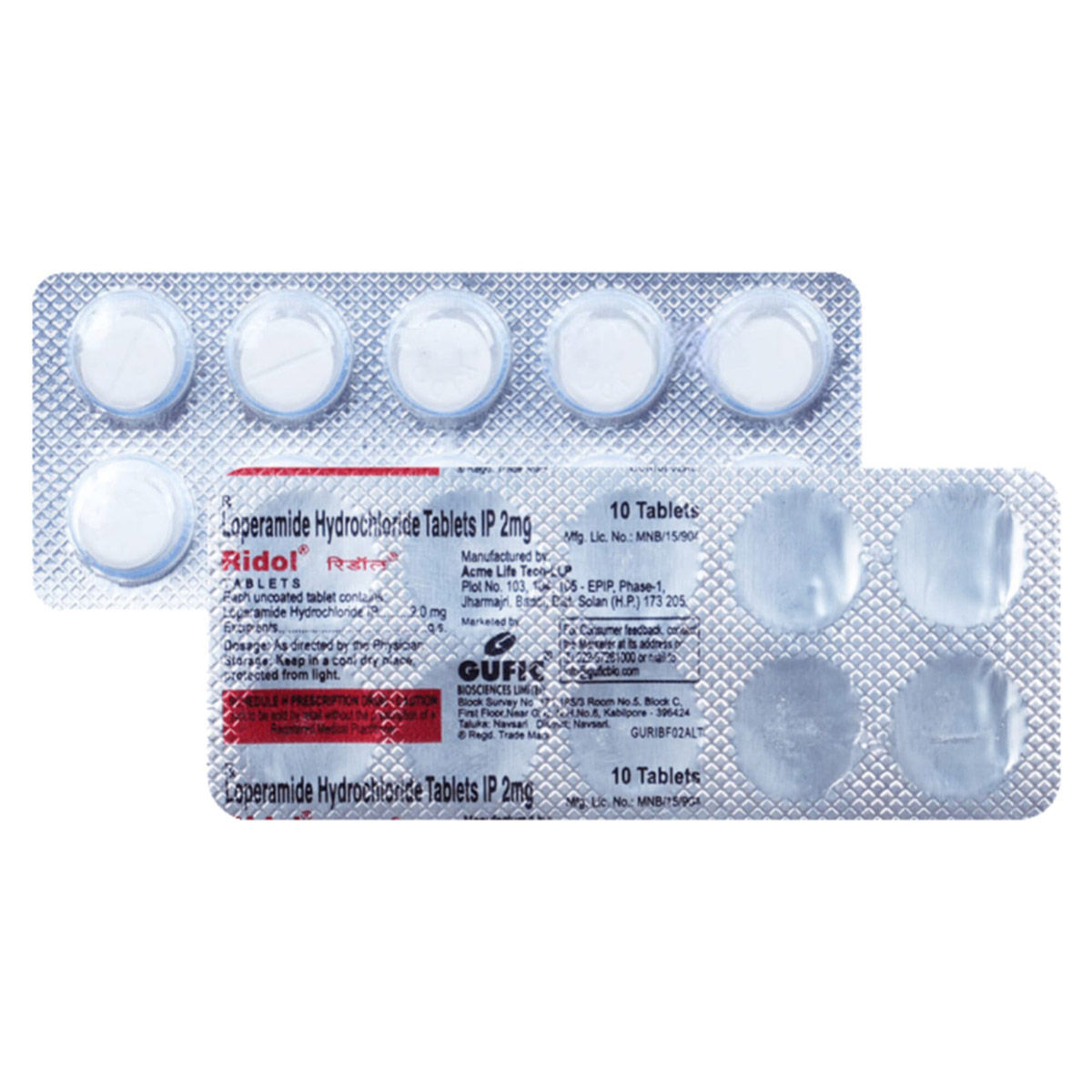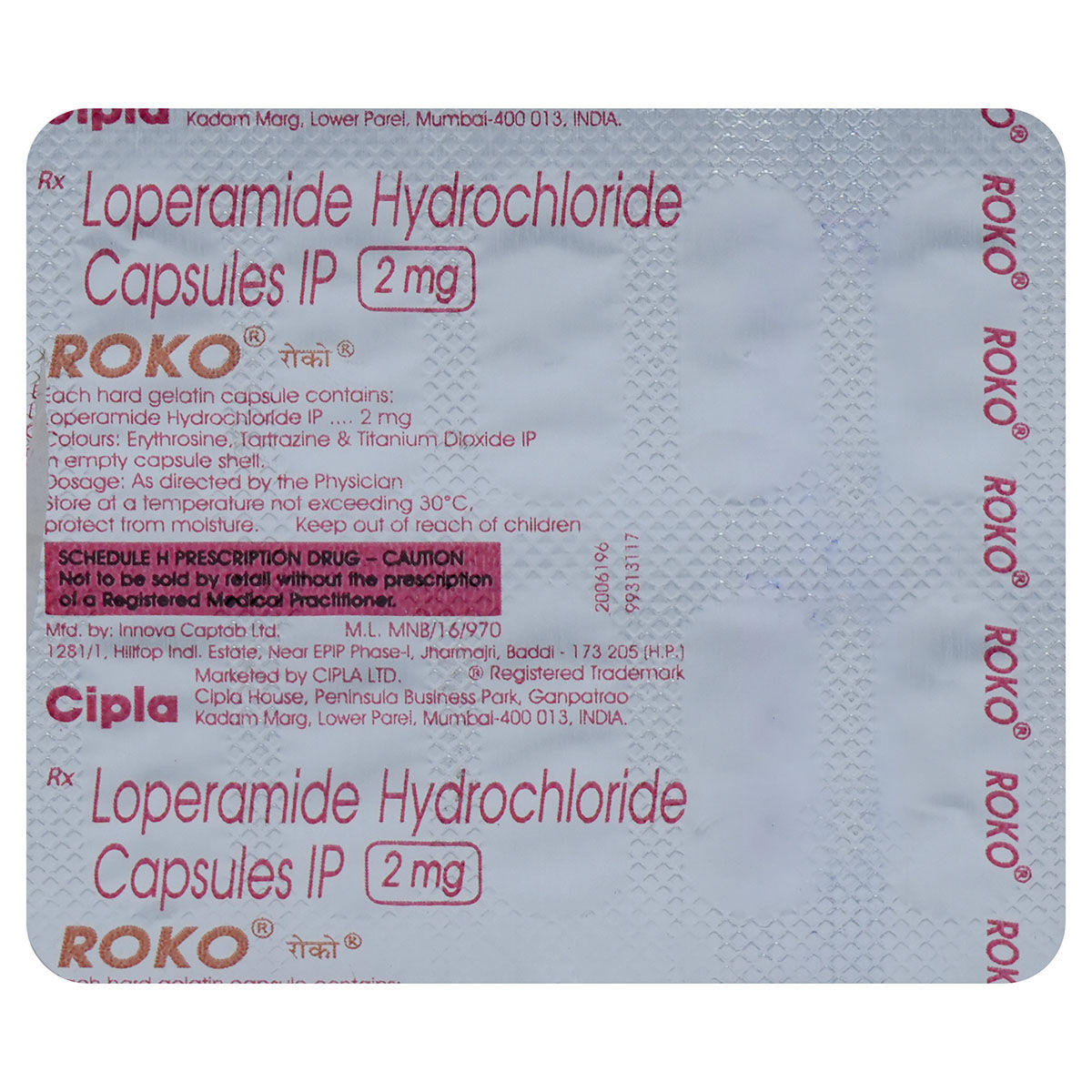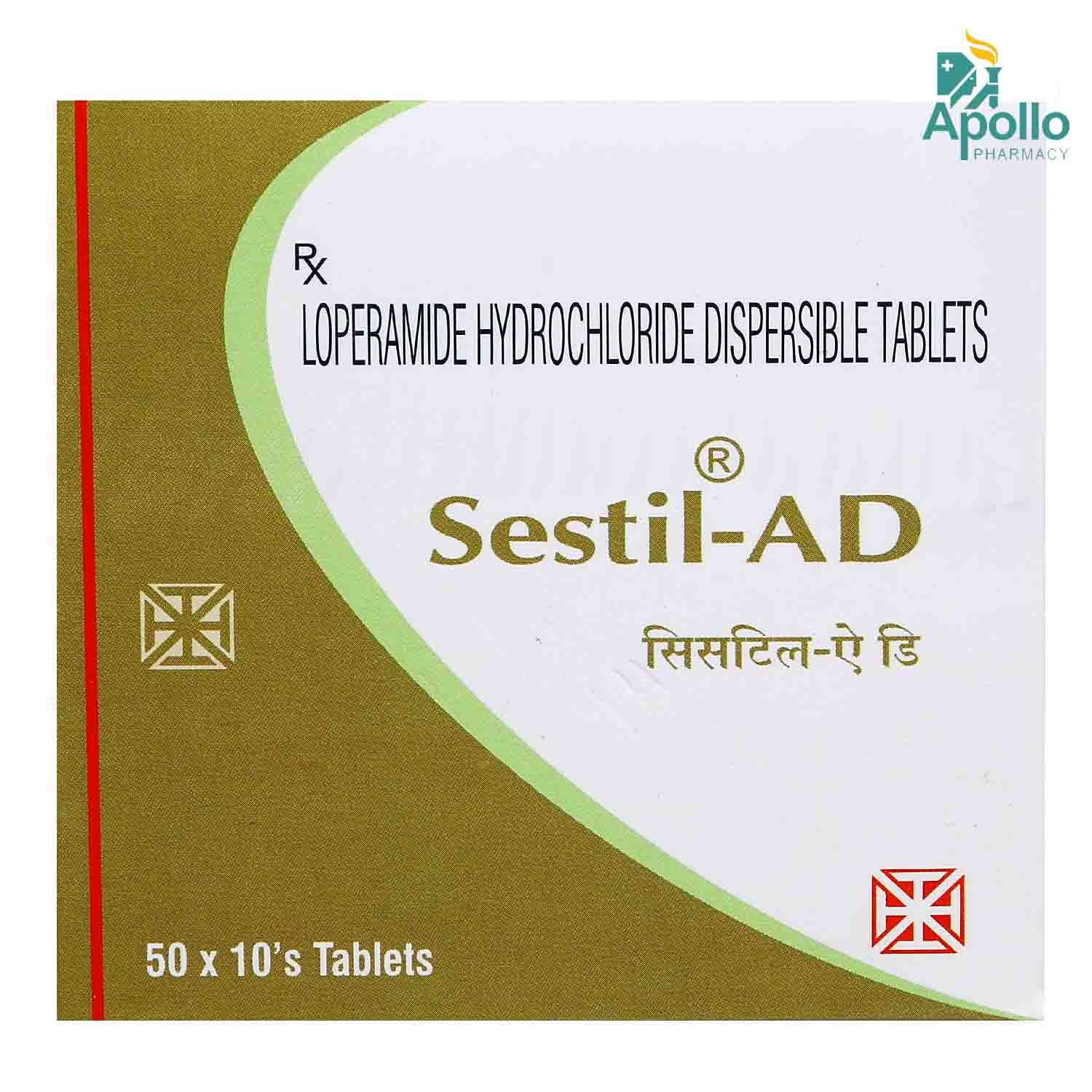Loperamide
About Loperamide
Loperamide is indicated in the treatment of diarrhoea in children. It may also be used to treat traveller’s diarrhoea and infectious diarrhoea. Diarrhoea is a condition in which bowel movements are too frequent, leading to loose, watery stools.
Loperamide contains Loperamide, which works by slowing down an overactive bowel. This allows water and salts that are usually lost in diarrhoea to be absorbed by the body. Thereby, Loperamide helps treat diarrhoea.
Sometimes, Loperamide may cause side effects such as nausea, vomiting, bloating and constipation. Most of these side effects may not require medical attention and gradually resolve over time. However, if the side effects persist or worsen, reach out to the doctor.
Let the doctor know if your child is allergic to any of the components in Loperamide. Keep the doctor informed about your child’s health condition and medications to rule out any side effects/interactions.
Uses of Loperamide
Medicinal Benefits
Loperamide belongs to the group of medicines called anti-diarrhoeal agents used to treat diarrhoea in children. It may also be used to treat traveller’s diarrhoea and infectious diarrhoea. Loperamide contains Loperamide, which works by slowing down an overactive bowel. This allows water and salts that are usually lost in diarrhoea to be absorbed by the body. Thereby, Loperamide helps treat diarrhoea.
Directions for Use
Storage
Side Effects of Loperamide
- Constipation
- Vomiting
- Nausea
- Stomach pain
- Bloating/wind
Drug Warnings
Do not administer Loperamide to the child if they are allergic to any of its components. Inform the doctor if the child has kidney or liver problems, bloody or black stools, fever, mucus in stool, or abnormal heart rhythm. Avoid exceeding the prescribed dose, duration, or frequency of usage. Let the doctor know if your child is taking any other medications, including herbal products or vitamin/mineral supplements.
Drug Interactions
Drug-Drug Interactions: No interactions found/established.
Drug-Food Interactions: No interactions found/established.
Drug-Disease Interactions: No interactions found/established.
Drug-Drug Interactions Checker List:
Safety Advice

Alcohol
not applicable-

Pregnancy
not applicable-

Breast Feeding
not applicable-

Driving
not applicable-

Liver
consult your doctorPlease consult the doctor if your child has liver problems.

Kidney
consult your doctorPlease consult the doctor if your child has kidney problems.

Children
safe if prescribedLoperamide is safe for children if prescribed by the doctor. Your doctor may prescribe the dose and duration based on the child's condition and age.
Habit Forming
Diet & Lifestyle Advise
- Ensure that the child drinks plenty of fluids to stay hydrated.
- Include bland foods such as bananas, rice, apples, cream of wheat, soda crackers, farina, applesauce, and toast to avoid the aggravation of the digestive system.
- Avoid spicy foods, processed foods, pork, veal, sardines, raw vegetables, rhubarb, onions, corn, citrus fruits, pineapples, cherries, seeded berries, grapes, and caffeinated & carbonated drinks.
- Teach the child to wash their hands properly after using the toilet to prevent infections.
- Clean the toilets regularly with a disinfectant.
Patients Concern
Disease/Condition Glossary
Diarrhoea: Diarrhoea is a condition in which there is a frequent need to empty the bowels. It is characterised by loose and watery stools. The causes of diarrhoea include food intolerance, food allergy, adverse reactions to medicine, viral infection, bacterial infection, intestinal disease, parasitic infection, and stomach or gallbladder surgery. The symptoms of diarrhoea include nausea, abdominal pain, cramps, dehydration, bloating, frequent urge to empty the bowels, and large or watery stools.
FAQs
Loperamide is used to treat diarrhoea in children. It may also be used to treat traveller’s diarrhoea and infectious diarrhoea.
Loperamide works by slowing down and decreasing the bowel movements. It also helps lower the flow of fluids and electrolytes into the bowel.
Yes, diarrhoea may cause dehydration due to fluid loss in stools. So, encourage the child to drink plenty of fluids/water to replace lost fluids. Talk to your doctor about rehydration therapy to replace lost salts.









